Participants Claim They Were Misrepresented in 'Seaspiracy,' Debunking Its Accuracy
Published April 2 2021, 9:11 p.m. ET
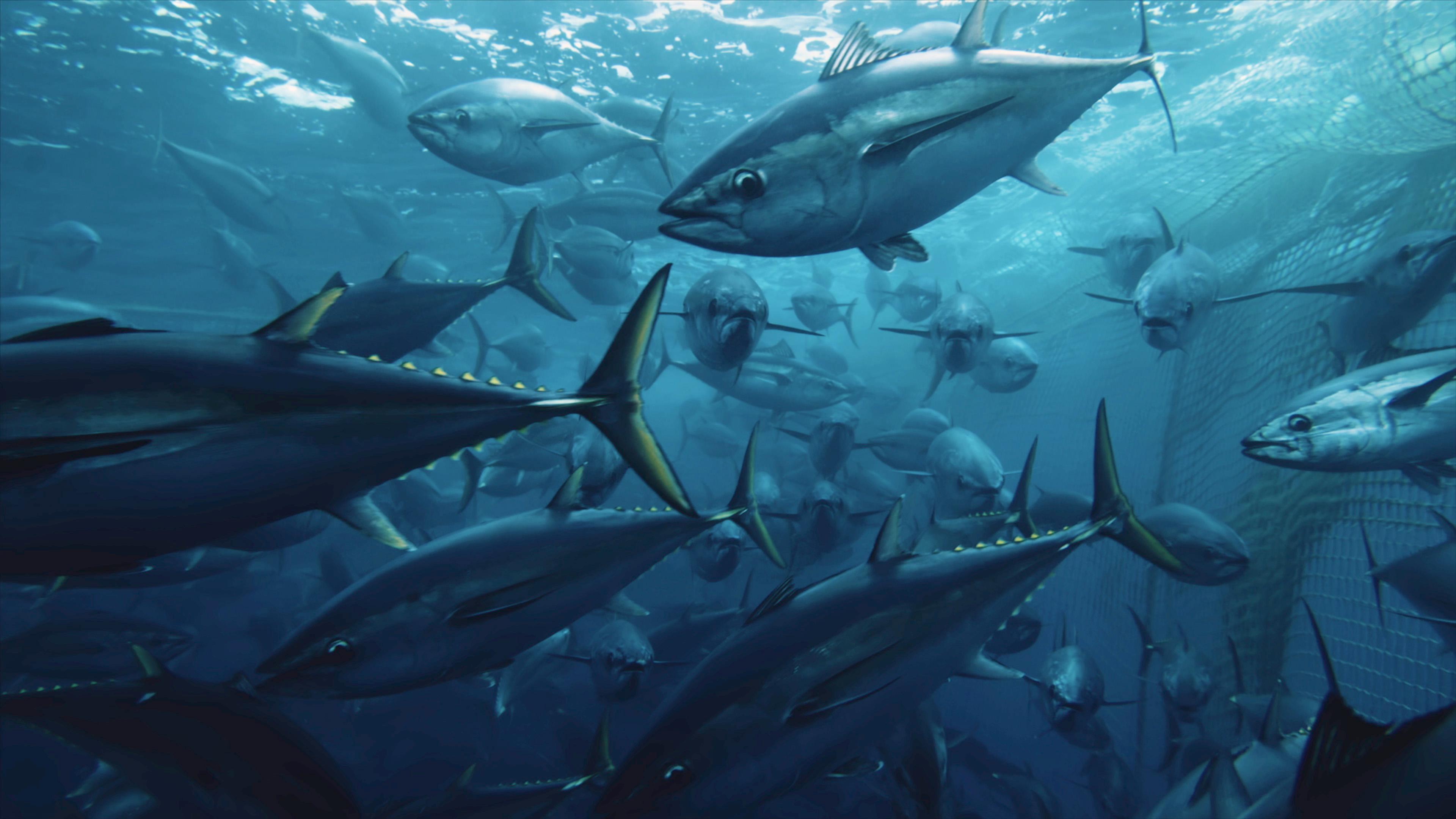
Many of us were on the edge of our seats while watching Netflix’s new tell-all marine documentary Seaspiracy. But now, it seems like its accuracy is questionable, at least according to the several participants who have shared statements regarding their portrayal in Seaspiracy.
While the documentary claims we should all go completely vegan and drop fish from our diets due to overfishing and pollution, experts want us to remember that in a world filled with food insecurity, this isn’t always possible. Now, with the questions surrounding the accuracy behind Seaspiracy, we’re wondering how to best serve our ecosystem.
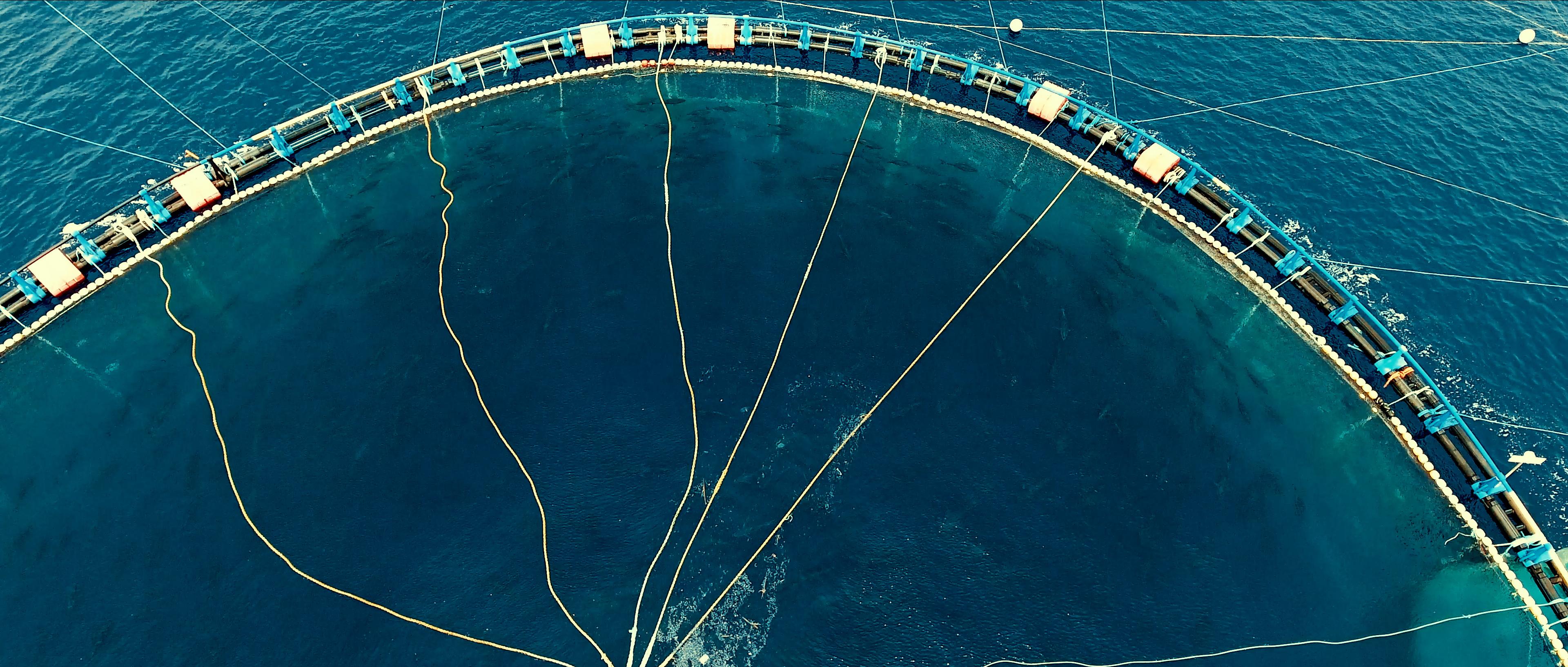
‘Seaspiracy’ highlights some very real issues, even if it lacks accuracy at times.
The main focus of Seaspiracy is our overfishing problem, which is very real. The documentary also works to highlight how our plastic waste is affecting the marine ecosystem and debunks the plastic straw myth by stating that they make up only .03 percent of the plastic that gets dumped in the ocean.
In addition to this, Seaspiracy paints a dramatic picture of the perils of the world of fishing, claiming that slave labor is used in parts of Thailand to catch prawns and “blood shrimp.” These practices are obviously inhumane and need to be addressed — at the same time, the solution is likely not as simple as “everybody stop eating fish.”
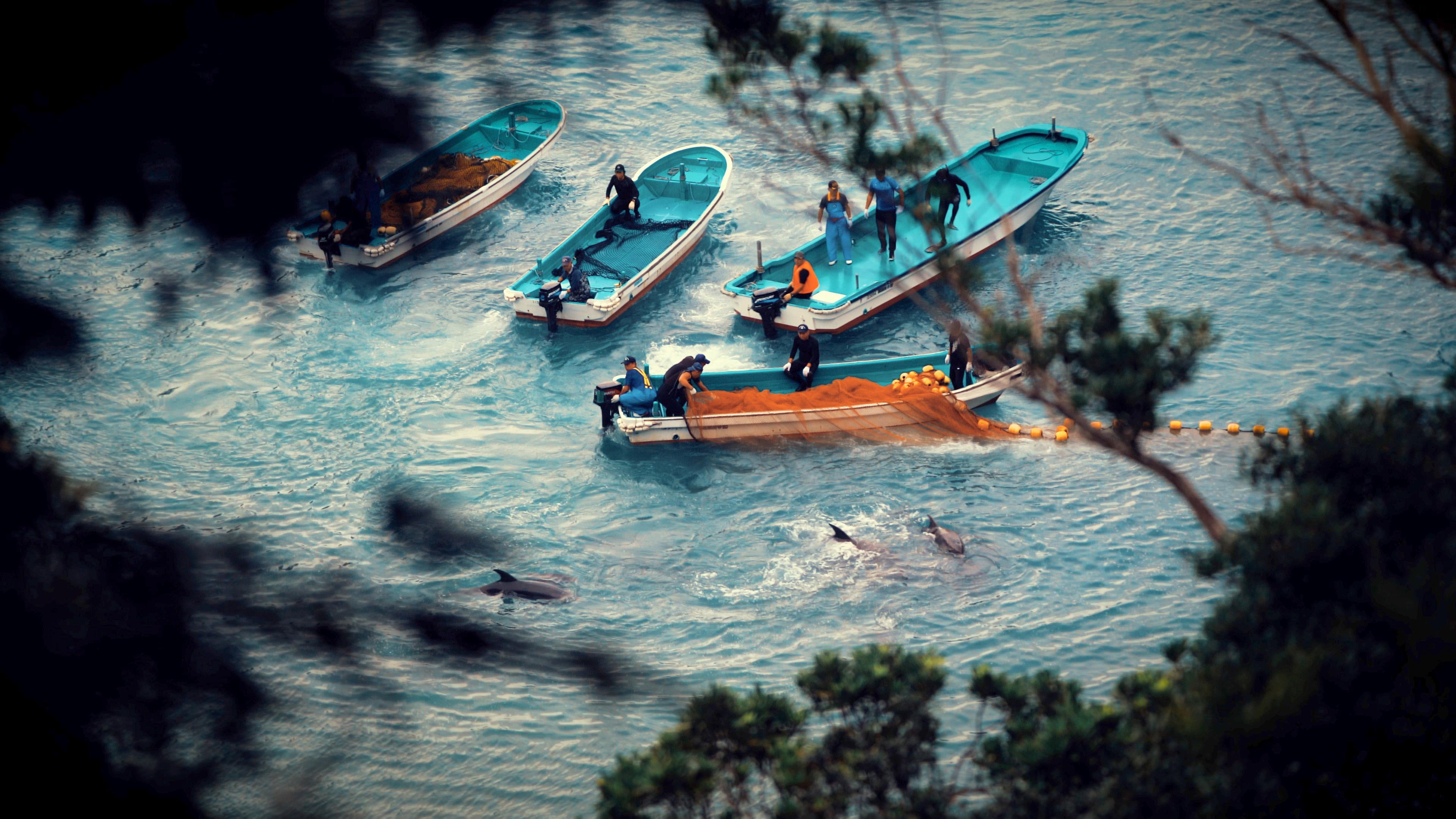
If ending innate societal practices was that simple, we would do it. But as scientific research has shown with something as recent as the COVID-19 pandemic, asking a large number of people to quit something cold turkey does not help the situation. This goes for several practices, such as dieting, eating meat, or abstinence, and researchers have found providing safer alternatives tends to be more effective.
The biggest inaccuracy in ‘Seaspiracy’ seems to be its stance on sustainable fishing.
One of the many groups that crafted a statement in response to the lack of Seaspiracy’s accuracy is the Marine Stewardship Council (MSC).
They claim: “One of the amazing things about our oceans is that fish stocks can recover and replenish if they are managed carefully for the long-term. Examples of where this has happened and stocks have come back from the brink include the Patagonian toothfish in the Southern Oceans or the recovery of Namibian hake, after years of overfishing by foreign fleets, or the increase in some of our major tuna stocks globally.”
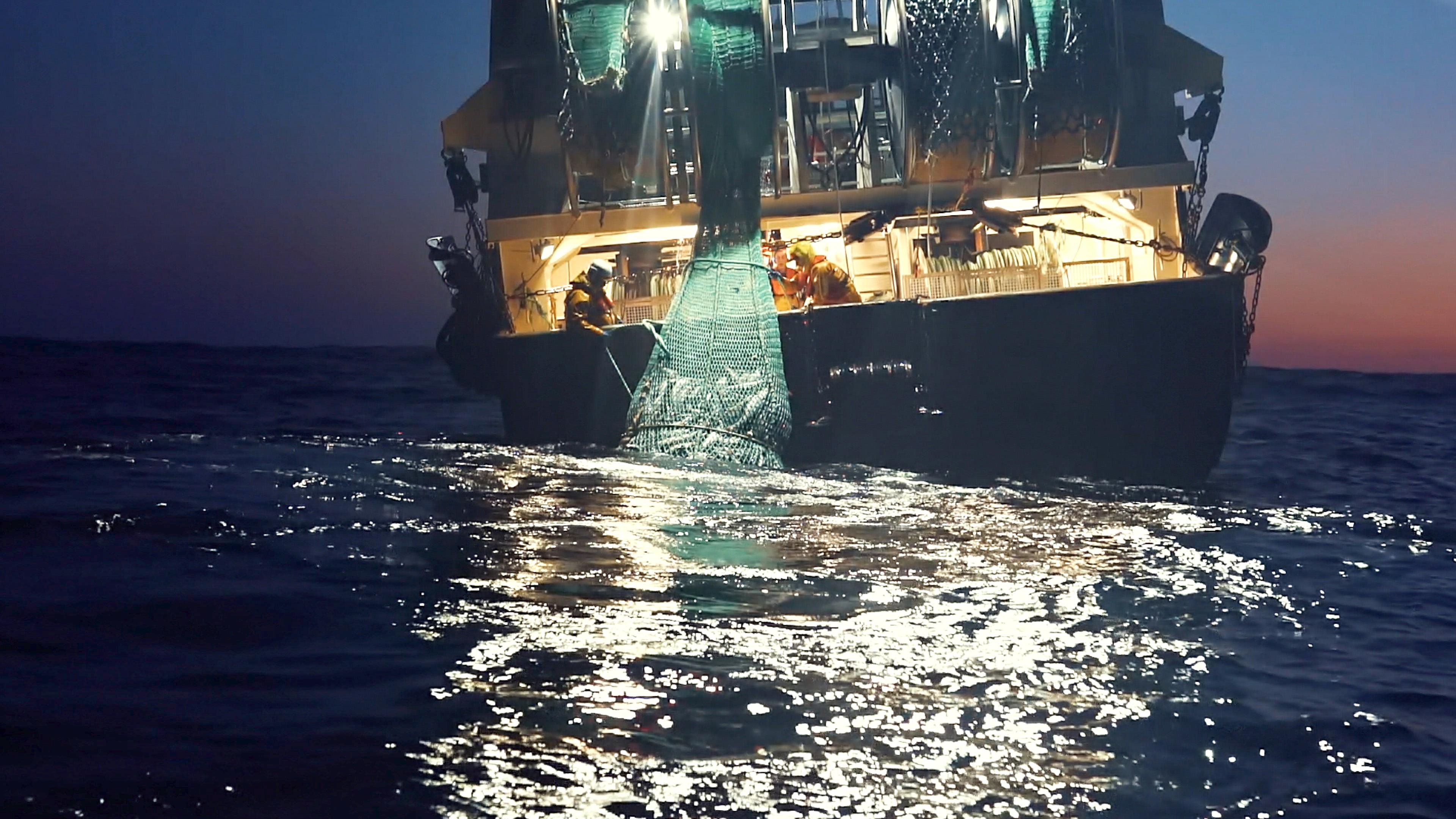
MSC provides the counterpoint to Seaspiracy by stating that sustainable fishing is not only possible but necessary to support a population that is expected to reach 10 billion by 2050.
MSC also shares that as a non-profit, all their funds come from donations, as well as a small margin from products that use their certification. They also go into more detail about the challenging steps in their certification process and confirm that the fishery highlighted in Seaspiracy that had too much bycatch actually got their certification revoked.
Another inaccuracy in ‘Seaspiracy’ is that organizations that promote a more ecological alternative to fishing are only in it for the money.
Seaspiracy also touts that many of these organizations and scientists calling for farm fishing, sustainable fishing, and more ecological alternatives are directly benefiting from the fishing industry monetarily. However, many scientists and marine biologists have taken to Twitter to retort that they would not have gone into this industry if they were in it for the money.
The biggest piece of ‘Seaspiracy’ that lacks accuracy is the interviews.
While it seems that Seaspiracy is truthful to a point but stretching that truth, the biggest inaccuracy is the way the participants have been represented. This is why so many of these organizations are coming forward with statements of their own.
One participant, Plastic Pollution Coalition, posted to their website regarding Seaspiracy, “Unfortunately, although the filmmakers said they were interested in the work of Plastic Pollution Coalition, when we answered the questions, they bullied our staff and cherry-picked seconds of our comments to support their own narrative … Plastic Pollution Coalition and other conservation and environmental organizations are misrepresented as businesses funded by the commercial fishing industry.”
Another of the film’s most memorable participants, Mark J. Palmer of the Earth Island Institute, said in the film in response to if “dolphin-safe” can actually be confirmed as dolphin-safe, “Nope. Nobody can. Once you’re out there in the ocean, how do you know what they’re doing? We have observers onboard — observers can be bribed.”
However, Mark spoke with Intrafish to clarify that his comments were taken completely out of context. He shared, "The film took my statement out of context to suggest that there is no oversight and we don’t know whether dolphins are being killed. This is simply not true."
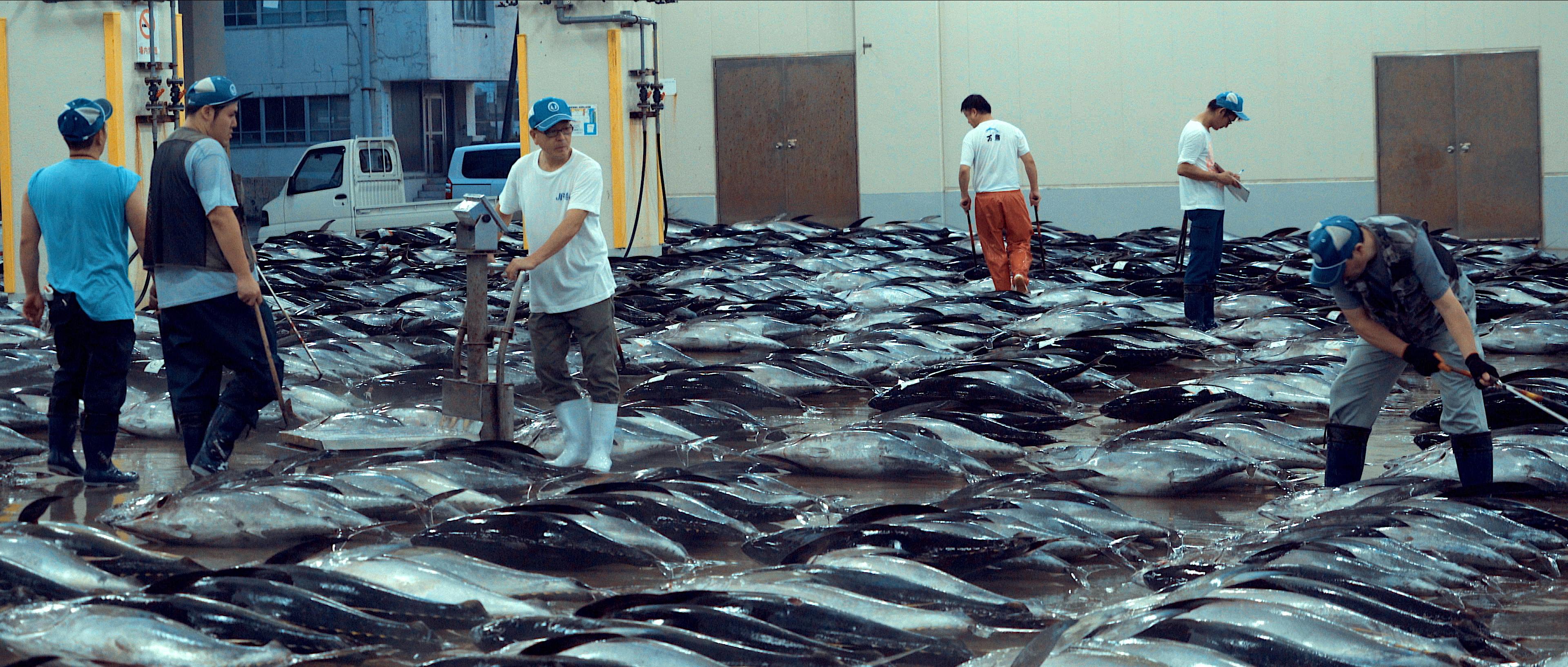
The Earth Island Institute came out with their own statement regarding Seaspiracy, writing, “The dolphin-safe tuna program is responsible for the largest decline in dolphin deaths by tuna fishing vessels in history. Dolphin-kill levels have been reduced by more than 95 percent, preventing the indiscriminate slaughter of more than 100,000 dolphins every year.”
It seems that while filmmaker Ali Tabrizi may have had good intentions, editing the interviewees to prove his own point only discredits Seaspiracy and the pieces of it that are accurate.